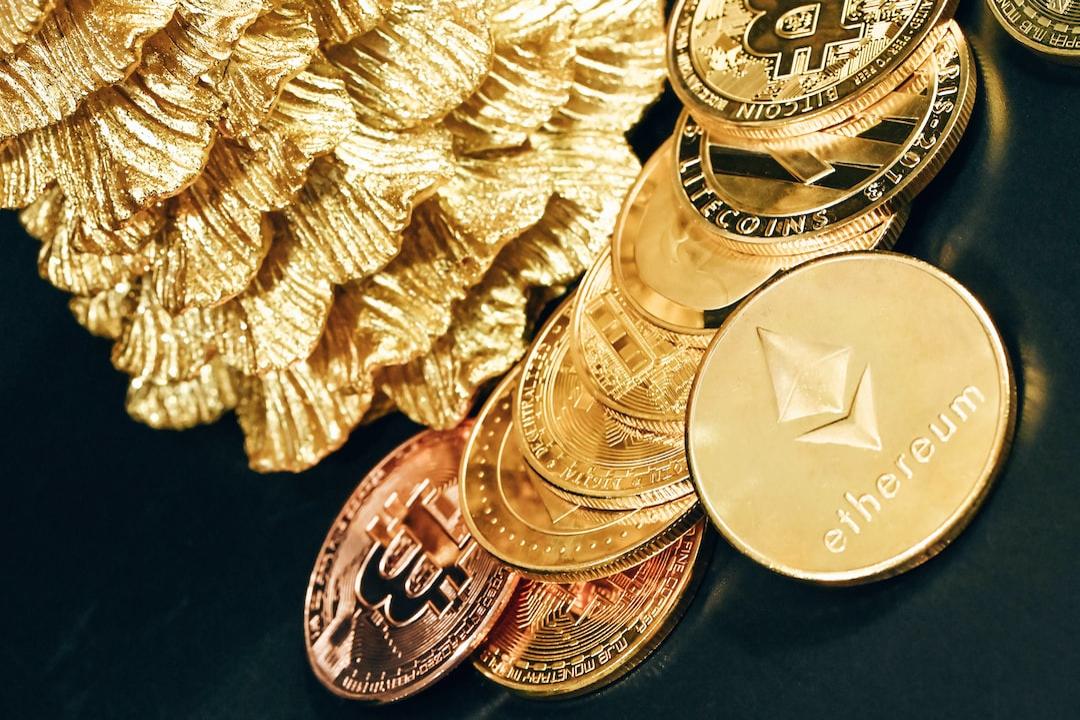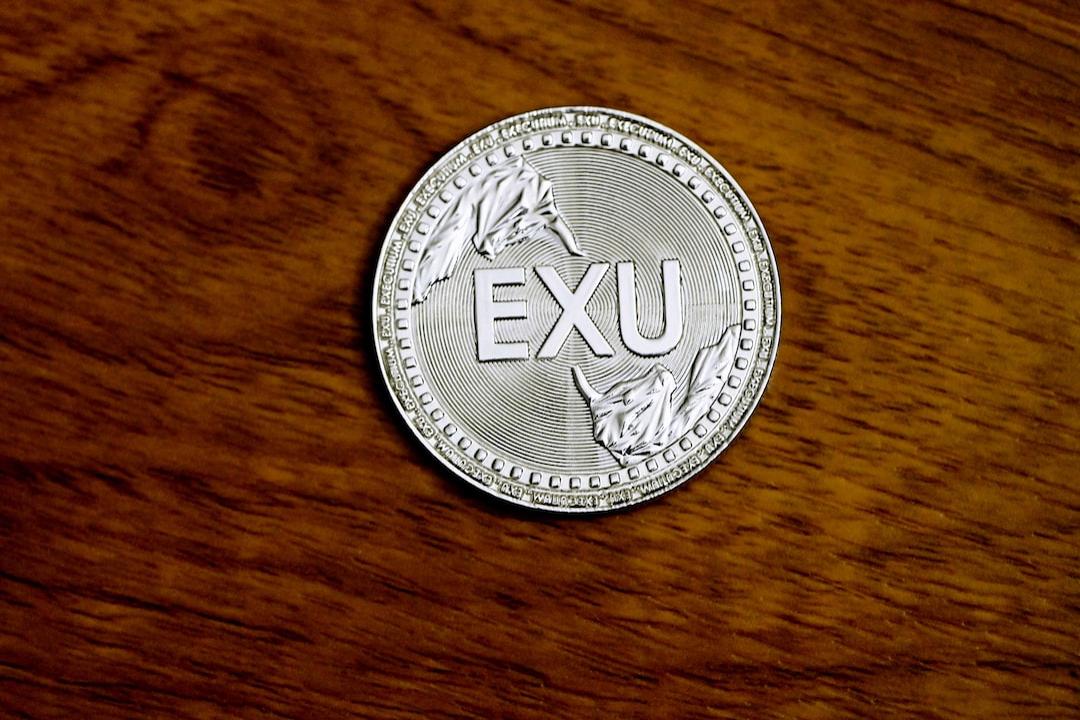The Japanese Cabinet announced today that Japan’s GDP for the third quarter increased by 1.2% on an annualized basis compared to the previous quarter, exceeding economists’ estimates of 1%, indicating that the Japanese economy is performing better than expected. This also gives the Bank of Japan more confidence in raising interest rates at the decision on December 19. Economists believe that the possibility of a rate hike in December is now over 50%.
According to reports from Bloomberg, the upward revision of Japan’s economic growth indirectly supports the Bank of Japan’s view that the Japanese economy will expand moderately. Even the declines in net exports and capital expenditure have narrowed, and inventory growth has been revised upwards.
In the upcoming Super Central Bank Week next week, the Bank of Japan will announce the benchmark interest rate on December 19 (the US is expected to announce its rate policy on December 18, with a high probability of a rate cut). Bloomberg predicts that Bank of Japan Governor Kazuo Ueda will carefully study economic data, including the short-term survey on December 13, before making a decision.
Ueda said in a recent interview with Nikkei newspaper that the timing of the next rate hike is approaching. The better-than-expected GDP data released today has deepened speculation in the market about a rate hike by the Bank of Japan this month.
Yuki Kodama, an economist at the Meiji Yasuda Research Institute, said, “Today’s data once again confirms that the Japanese economy is steadily recovering.” He believes that the possibility of a rate hike by the Bank of Japan in December is over 50%, but due to the recent slight appreciation of the yen, the central bank may postpone the rate hike decision to January next year.
Furthermore, Bloomberg economist Taro Kimura stated, “Taking all factors into consideration, we believe that the Bank of Japan will see this GDP report as evidence of a resilient economy that can withstand further stimulus reduction.”
Will there be another wave of unwinding yen carry trades?
You may recall that at the end of July this year, the Bank of Japan decided to raise interest rates by 15 basis points, while the Federal Reserve in the United States was preparing to cut rates, causing the yen to surge and compressing the profit margin of the “borrowing low-interest yen to buy high-interest currencies” carry trades, leading to a large number of investors unwinding their positions and impacting global stock and currency markets in early August.
Although investors have had some time to prepare for possible catastrophic consequences since August, if the Bank of Japan does decide to raise interest rates in December, it will be the second action after the rate hike in July this year. The risk of unwinding yen carry trades may resurface, potentially impacting global capital markets.
On August 5, Bitcoin plummeted to $48,900, the S&P 500 index fell by 3%, marking the largest single-day drop since September 2022, and the Nikkei 225 index plunged by over 12%, putting global markets under selling pressure.



